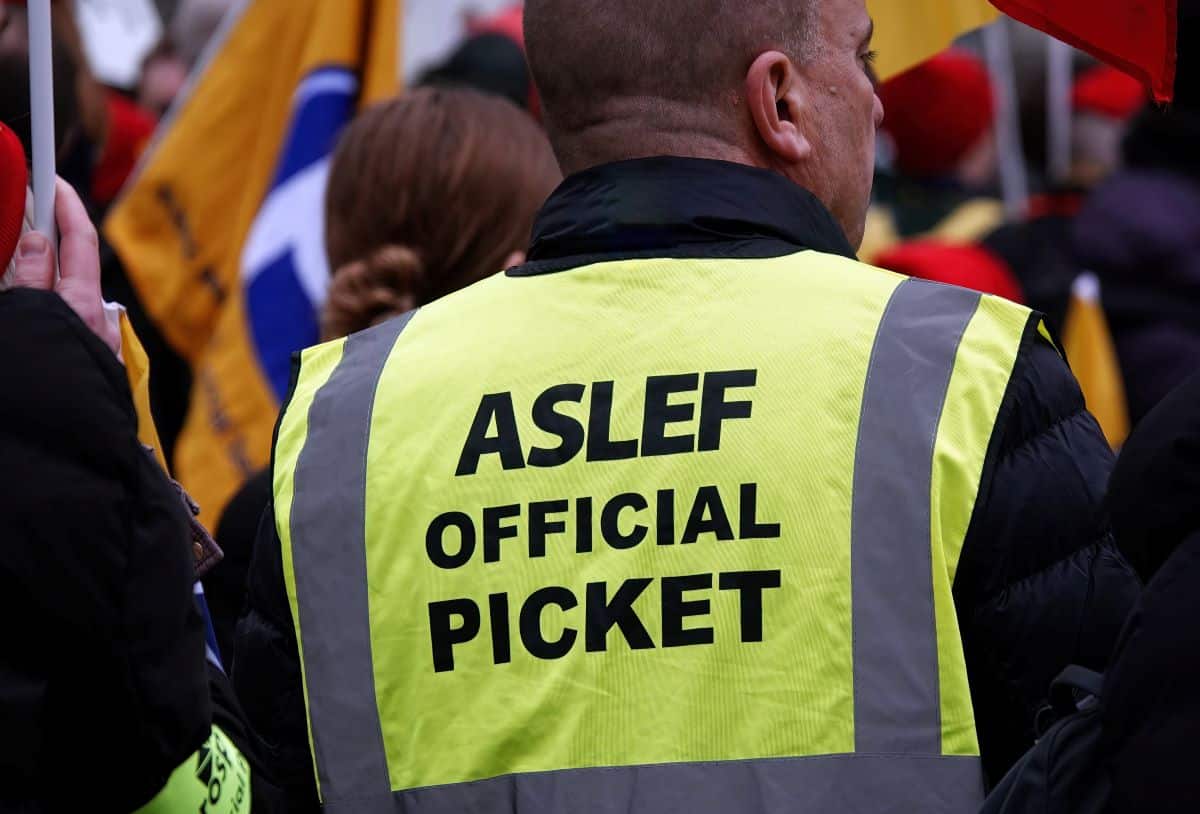The last two years have been rocky for passengers, train drivers, and the ASLEF as rail strikes are finally ending. What will the new rate agreement be, and is everyone happy?
It Was a Long Ordeal
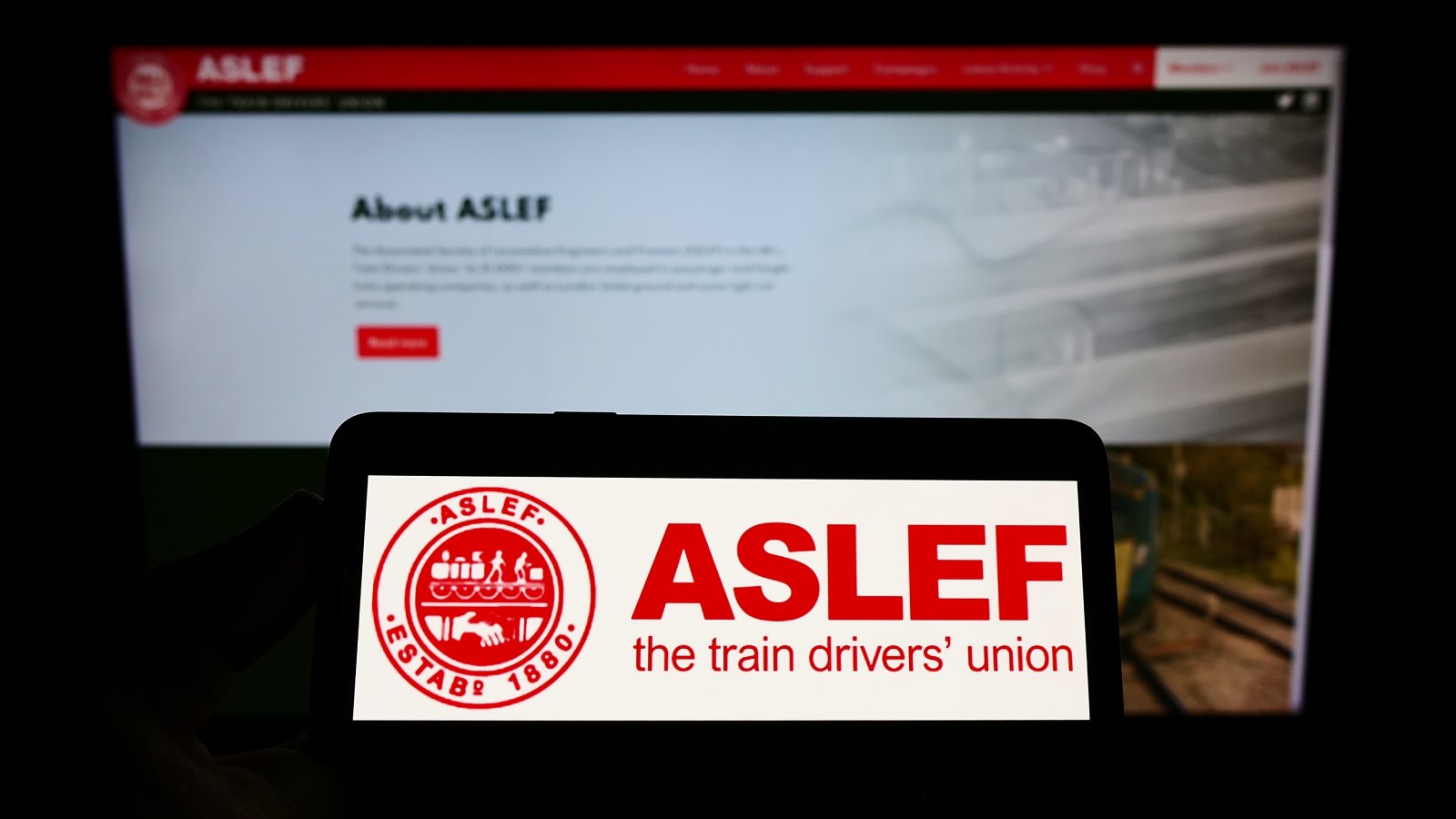
The Associated Society of Locomotive Engineers & Firemen (ASLEF) has negotiated an agreement with the UK government to raise the salaries of UK train drivers. The strikes have been carrying on for two years, and according to the government, it cost the state over £850 million since 2022.
Strikes Place a Heavy Burdon on the Economy

UK government said the train strikes impacted many in various ways, with the tourism and hospitality industries being the worst off. They also added that strike action throughout the sectors was estimated to cost the economy over £500 million.
Train Users Became Accustomed
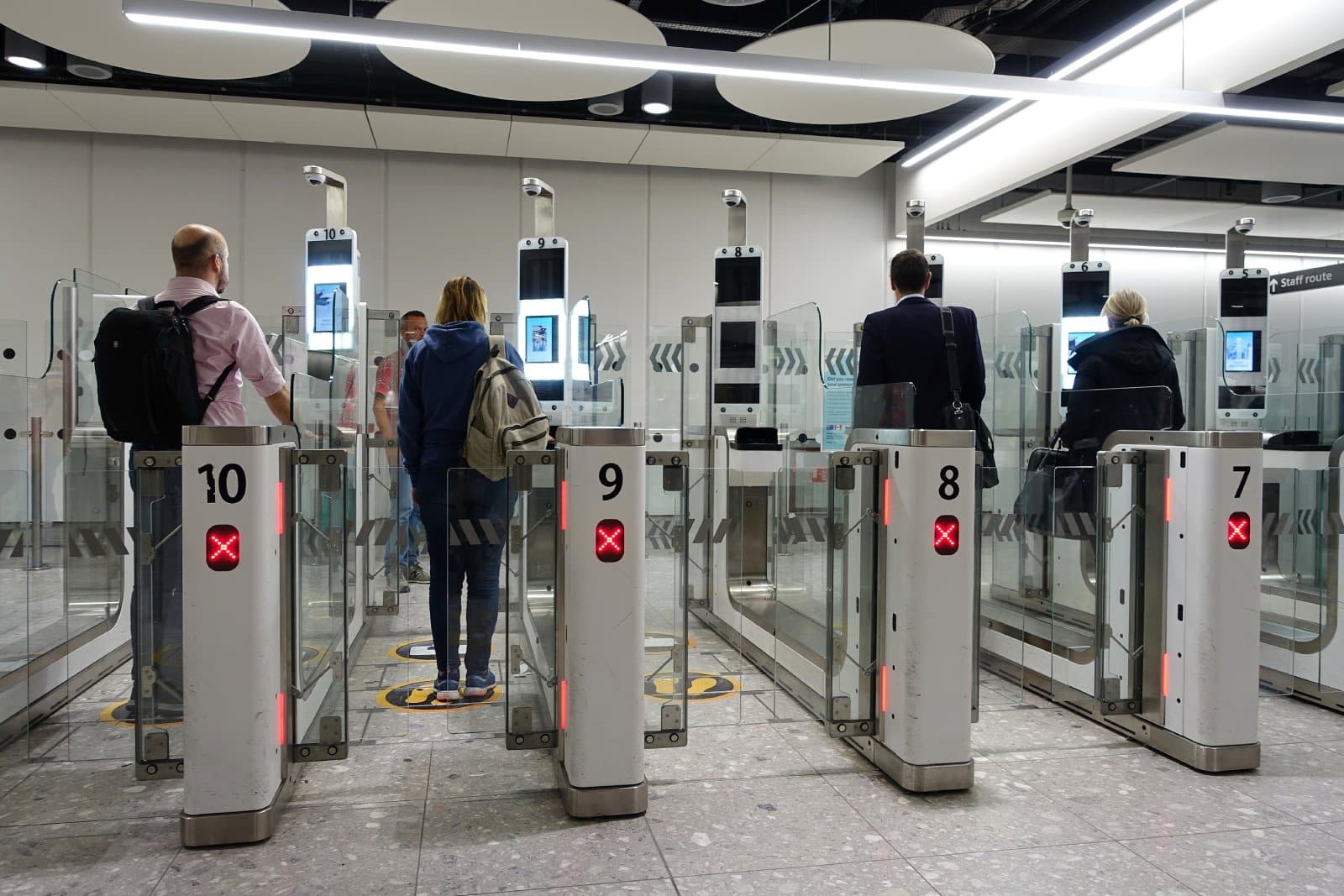
Meanwhile, train passengers often had to cancel their trip with the train or be prepared for no trains showing up on the day they needed it. Some people have become so accustomed to the process that it wasn’t news to anyone when trains weren’t available.
Agreement Achieved, Finally!

Thankfully, there’s finally been an agreement. It’s taken a long time, but the union is reportedly happy with the outcomes.
A Method to the ‘Madness’?
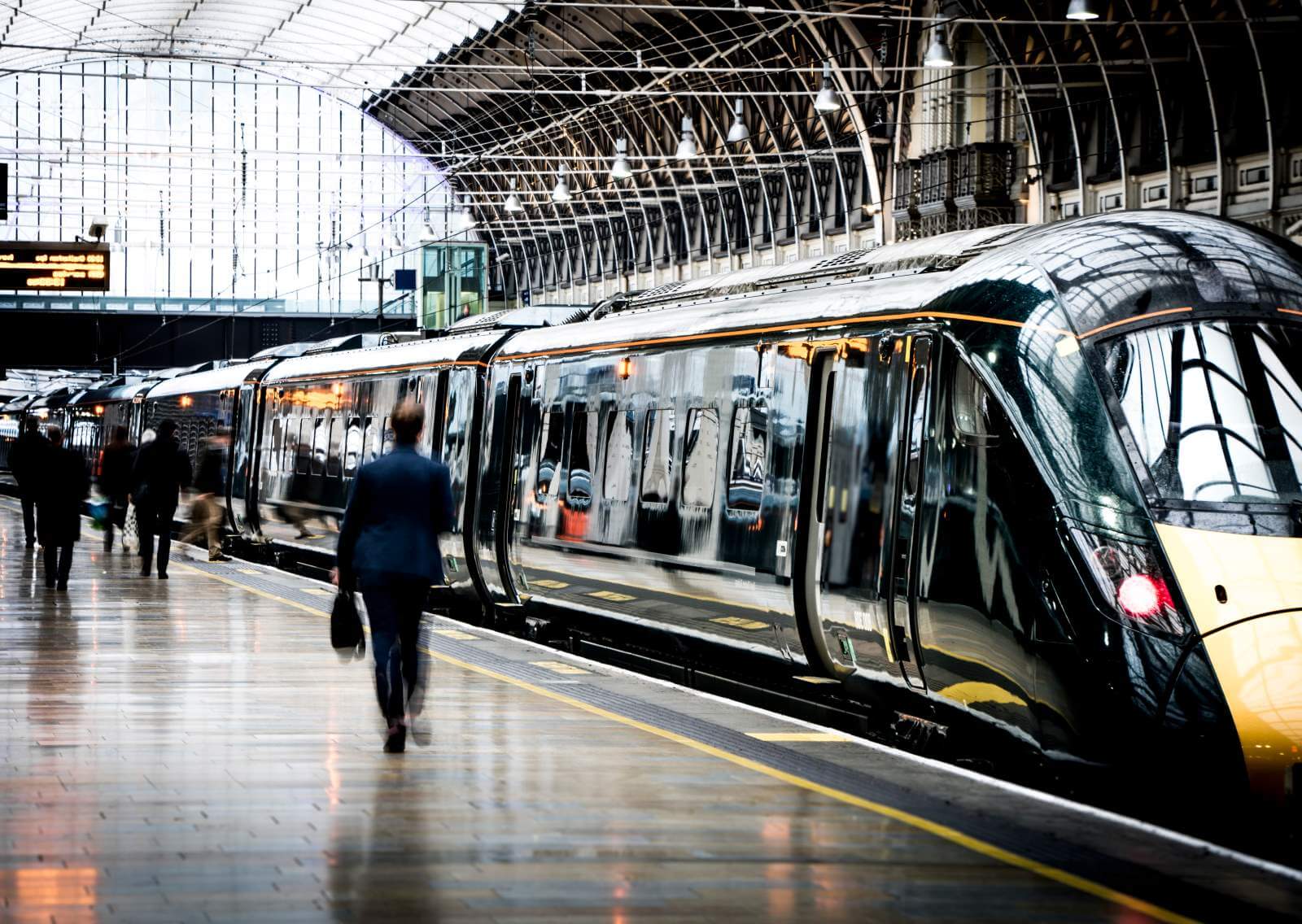
Train drivers downed tools in June 2022 to make a stand in their request for a pay increase. The drivers have reportedly not received a pay increase despite the rising inflation of more than 25%, the General Secretary of ASLEF, Mick Whelan, said.
Not a Raise
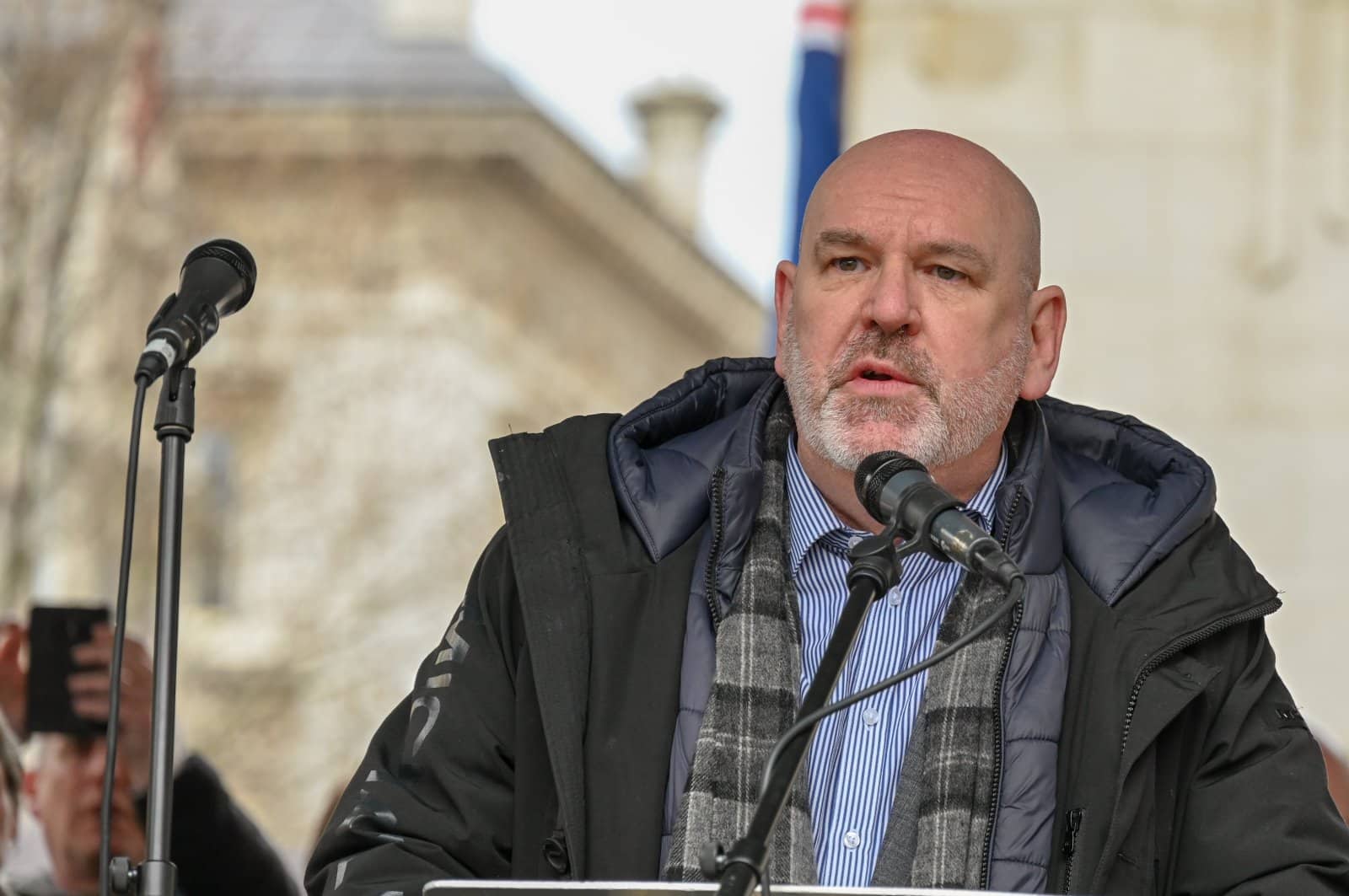
According to Whelan, the deal was essentially them taking a “pay cut,” and it didn’t include pay raises during the time of covid; Whelan told Times Radio.
It Doesn’t Cover Cost of Living During the Entire Time
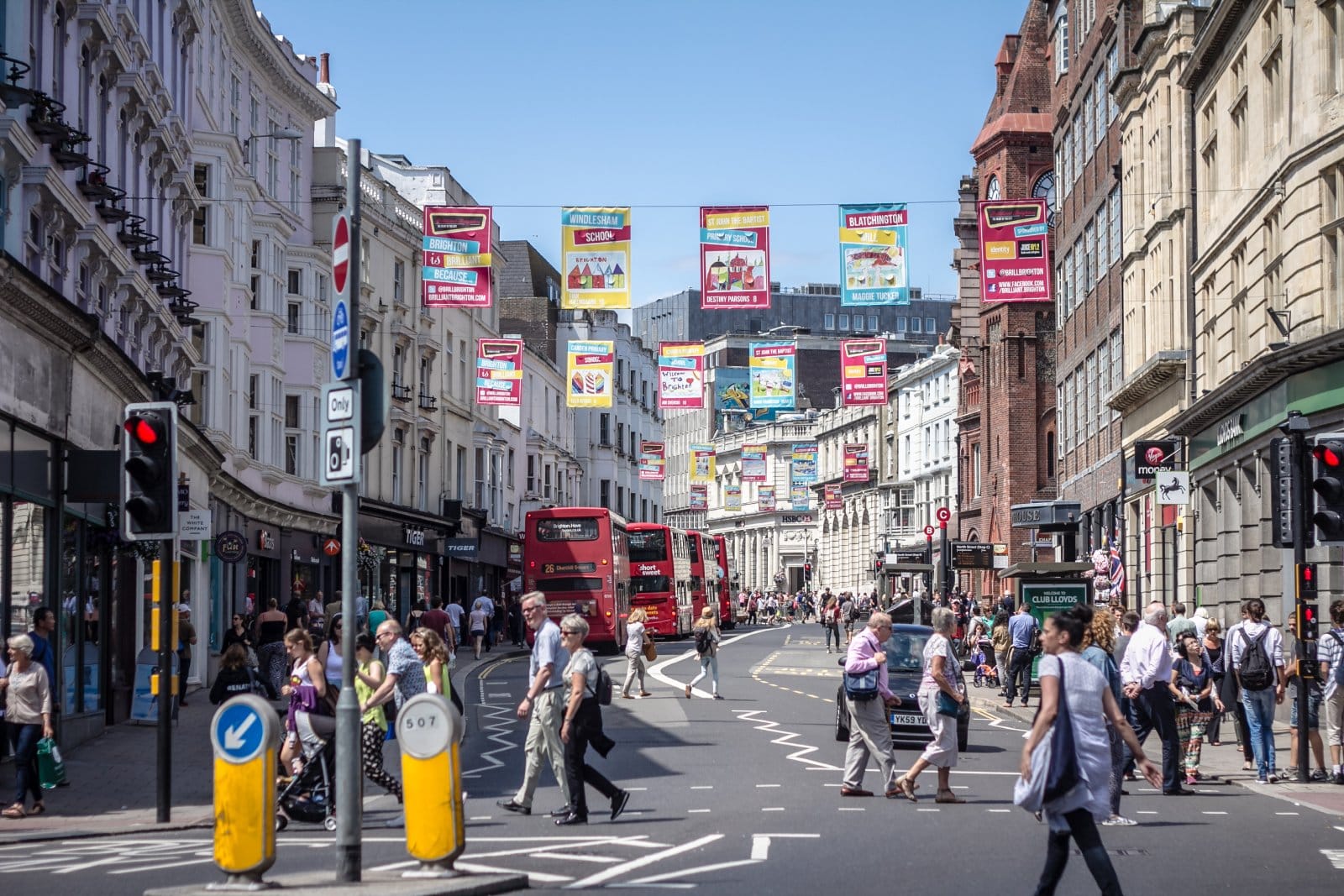
He also added that it “doesn’t cover the cost of living crisis that we’ve seen in the last five years.” In a word, the compensation was only for the last two years of inflation impacts on drivers.
The Labour Government Stepping Up
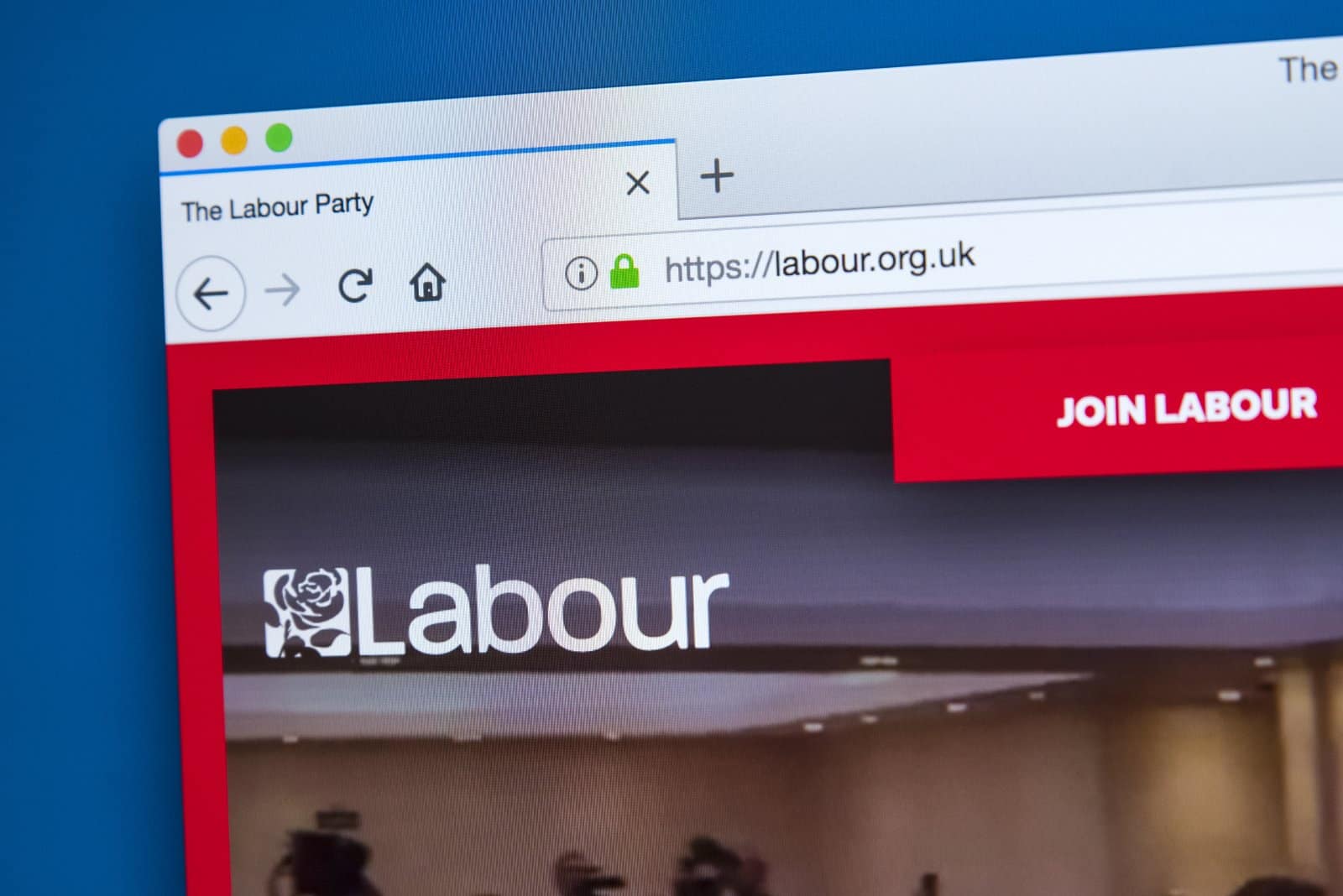
The General Secretary of ASLEF also commended the new government for listening and taking action. It was a stark difference from the Tory government.
Grateful Someone Cared to Speak to the Union

Whelan expressed that he was grateful someone in government actually cared to listen and do something about the problem. “We are pleased that someone sat down and spoke to us,” he told Times Radio.
Not All Industries Are the Same
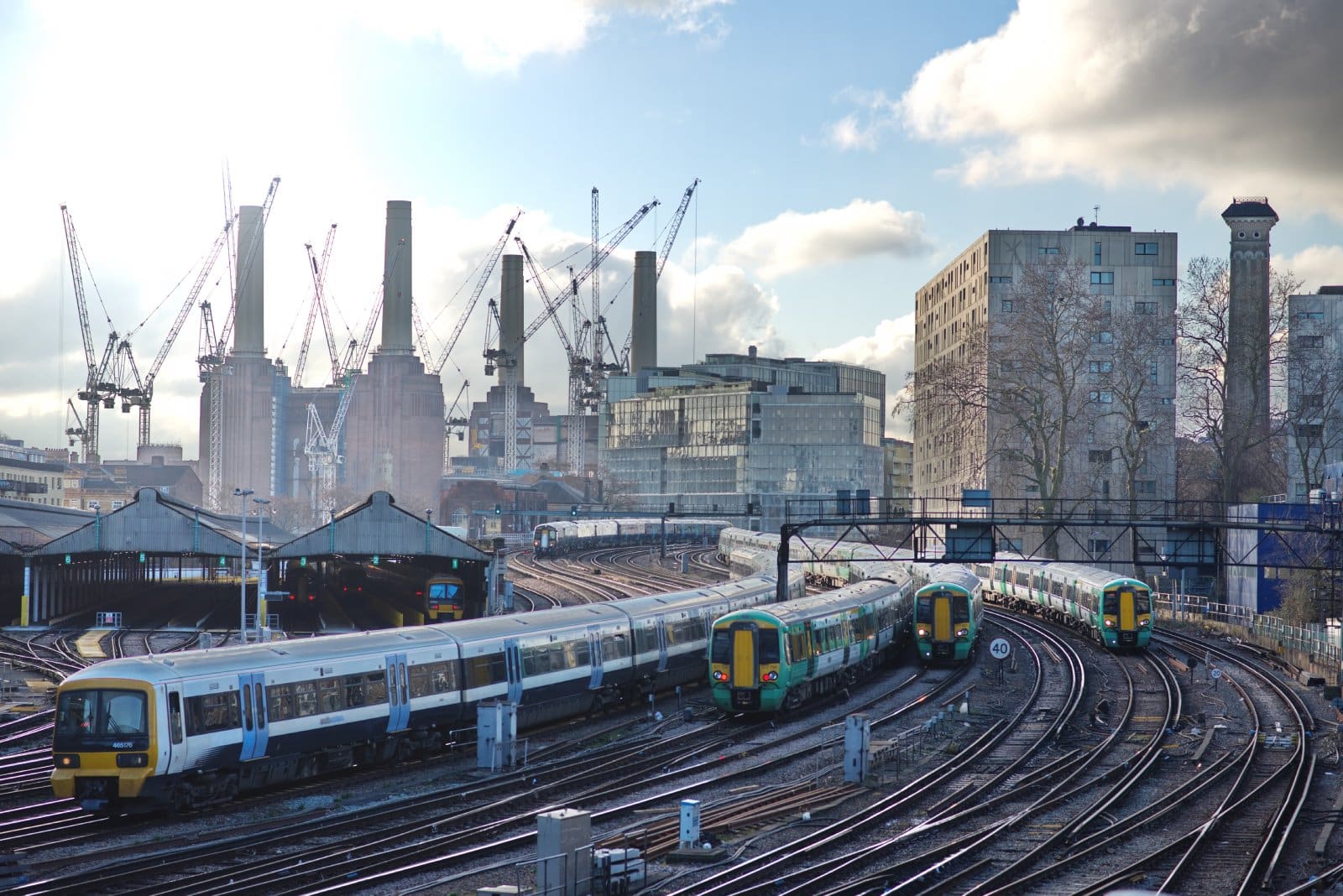
While not all industries and “vocations” are the same, it’s the right thing to pay each industry employee what they are worth in terms of experience and sector.
Pay Everyone What They’re Worth in Their Industry

In the interview, Whelan was asked whether it was concerning that teachers and nurses striking for higher pay and getting more support compared to train drivers was a concern. Whelan said, “the argument shouldn’t be the politics of envy, it should be to pay everybody the right money, rather than break people down…”
They Are Not Paid Decent Living Wage

Regarding sector payments, he also pointed out that it was “disgusting” that people in the medical and education industry “aren’t paid a decent living wage.”
What Was the Offer?
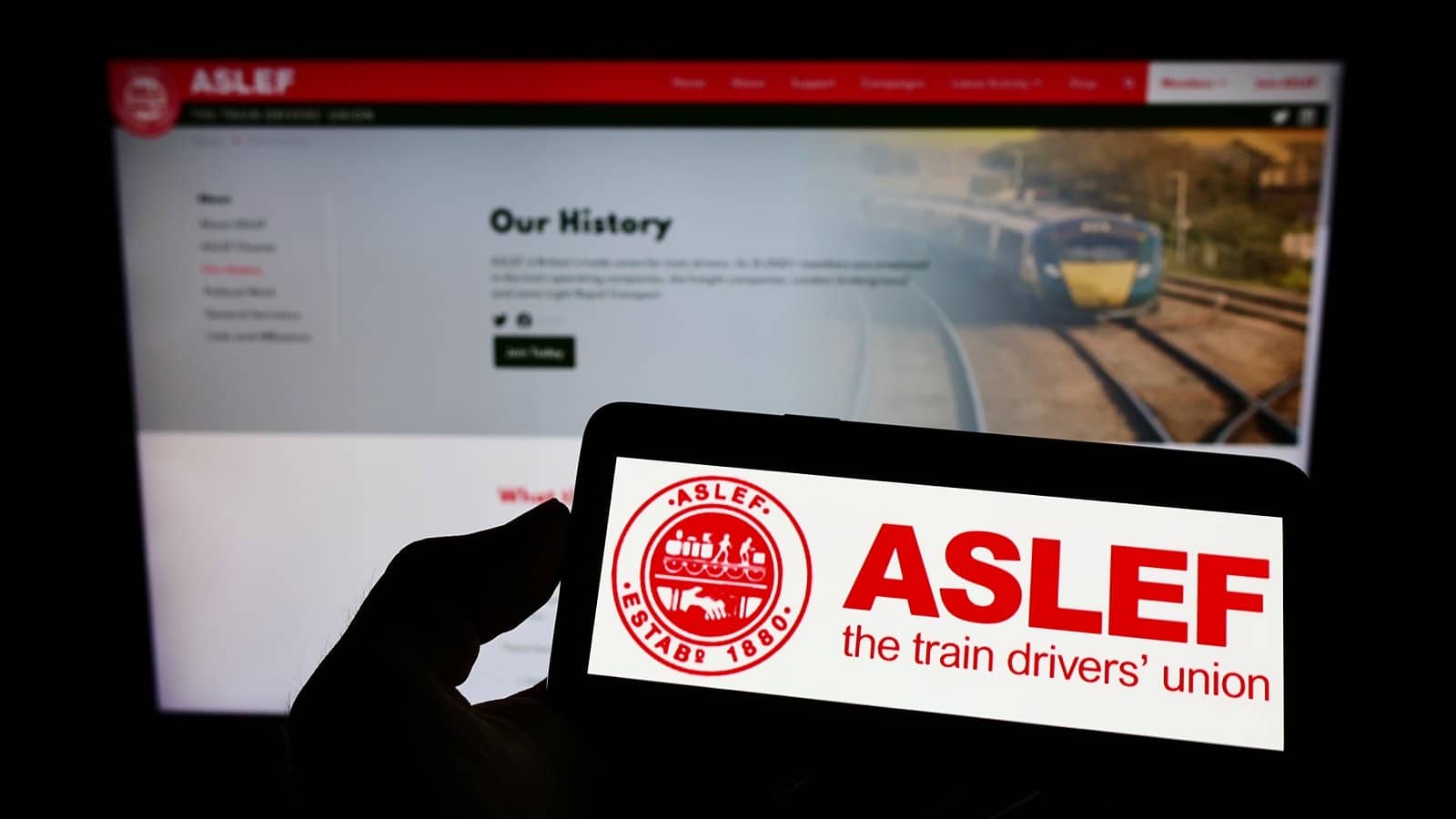
The compensation agreed upon between the government and ASLEF was a 14.2% increase over three years, Times Radio said. The average estimate for train drivers in the UK will be around £57,000 to £70,000 per annum.
It’s Not Just the Rail

It’s not only the trains striking due to the inflation dilemma. Other sectors have been going through the same trouble.
Both the Public & Private Sectors Have Economic Issues

From teachers being made redundant, public service industries not earning enough, and large tech companies axing their workers. The UK has seen and been through it all.
Picking up the Slack?
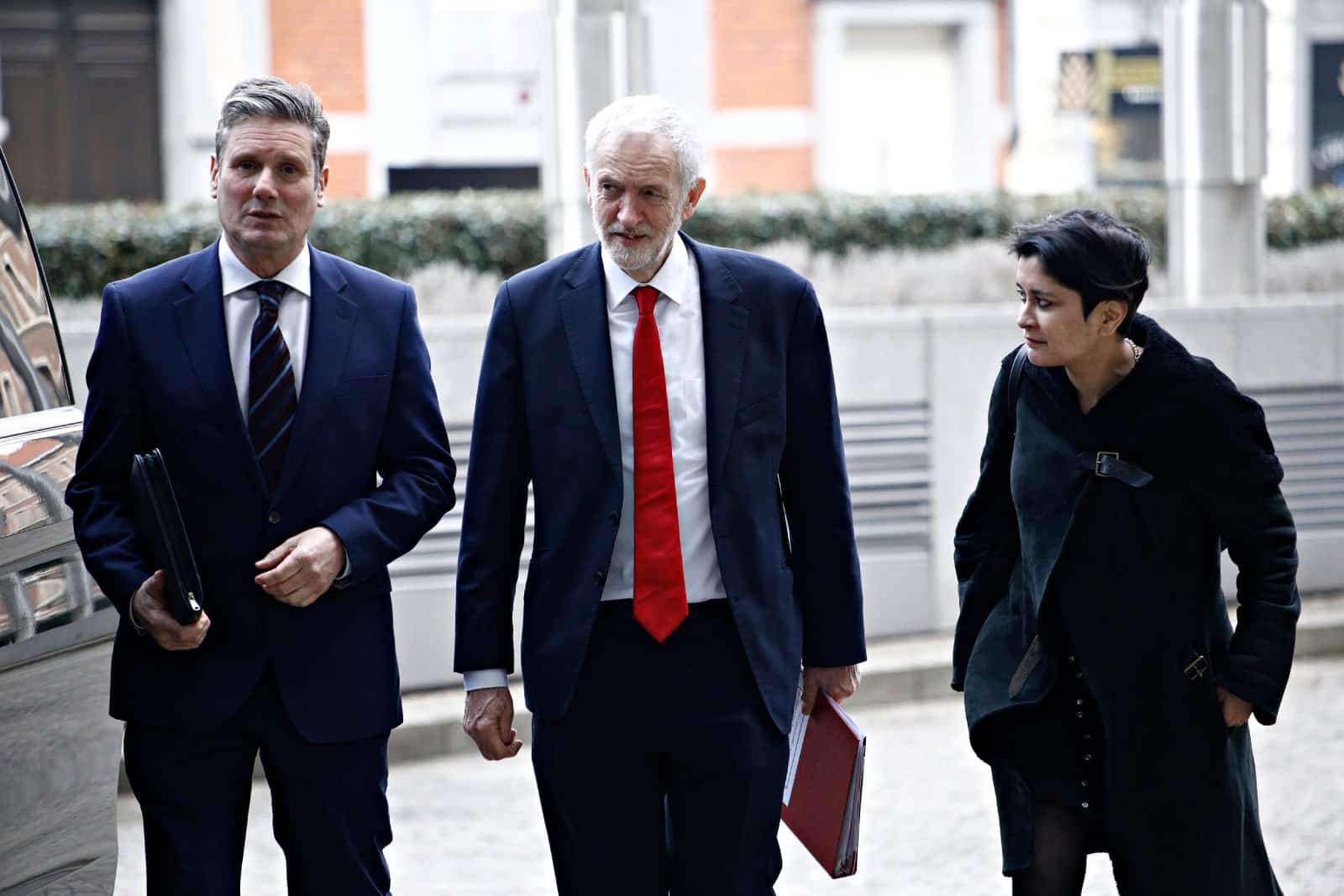
Most of these strikes seem spurred by “unfinished business” from the Tory government. In various interviews, labour members have spoken about the state in which the Tory government left the country over to them. It’s often referred to as “backlog” and various “crisis after the other,” and “picking up the slack.”
Tory Allowed the Problem to Drag On
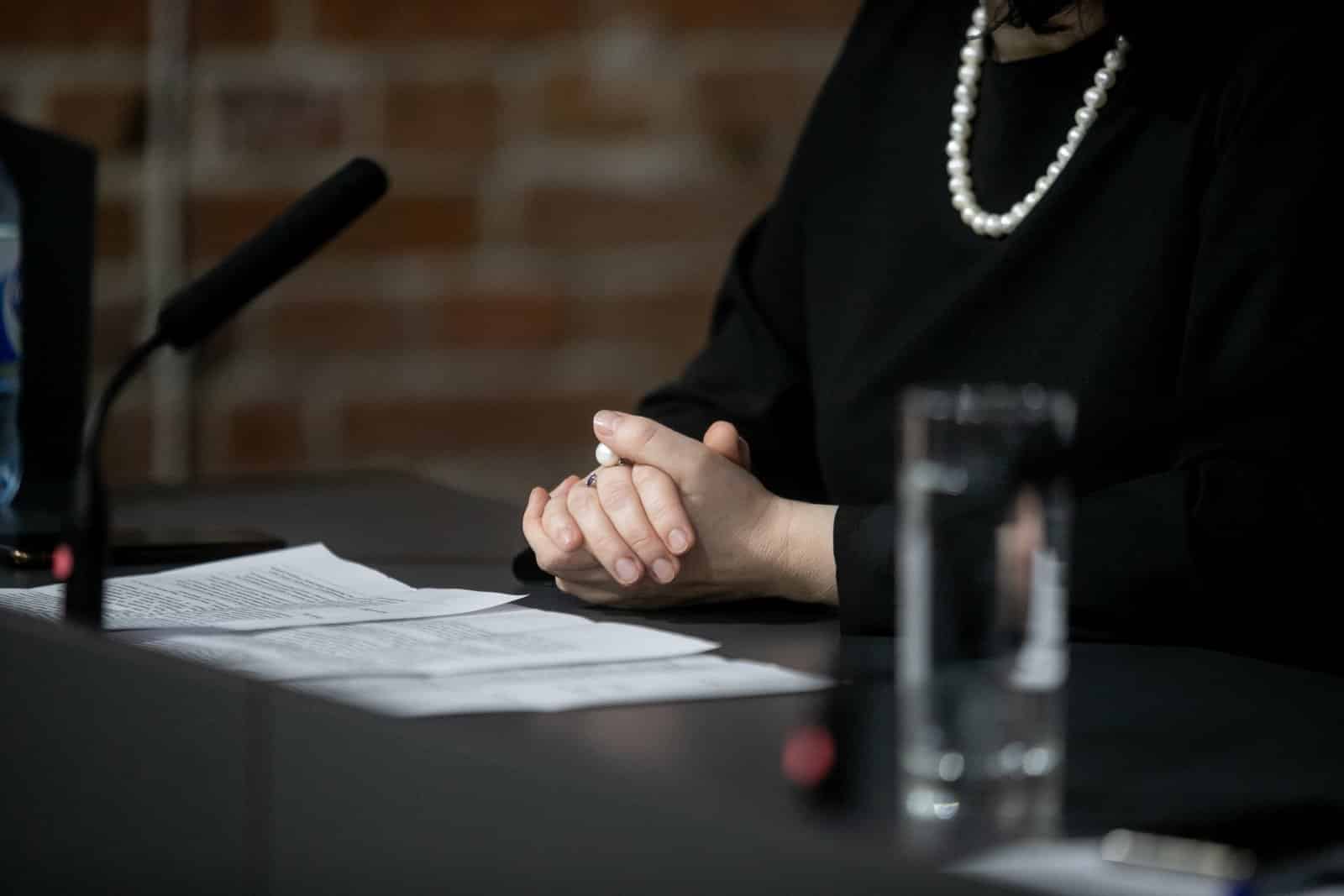
Louise Haigh, the Secretary of Transport called the conservative government out, claiming they were “happy to see the taxpayer pay the price as strikes dragged on…” She noted that while the strikes carried on, the passengers bore the brunt of it all.
Happy for a Breakthrough

Haigh expressed her gratitude for the consensus reached between the government and the train union. She explained that she committed herself to moving swiftly and resolving the train strike concerns as quickly as possible.
Going Back to Normal – Putting Passengers First
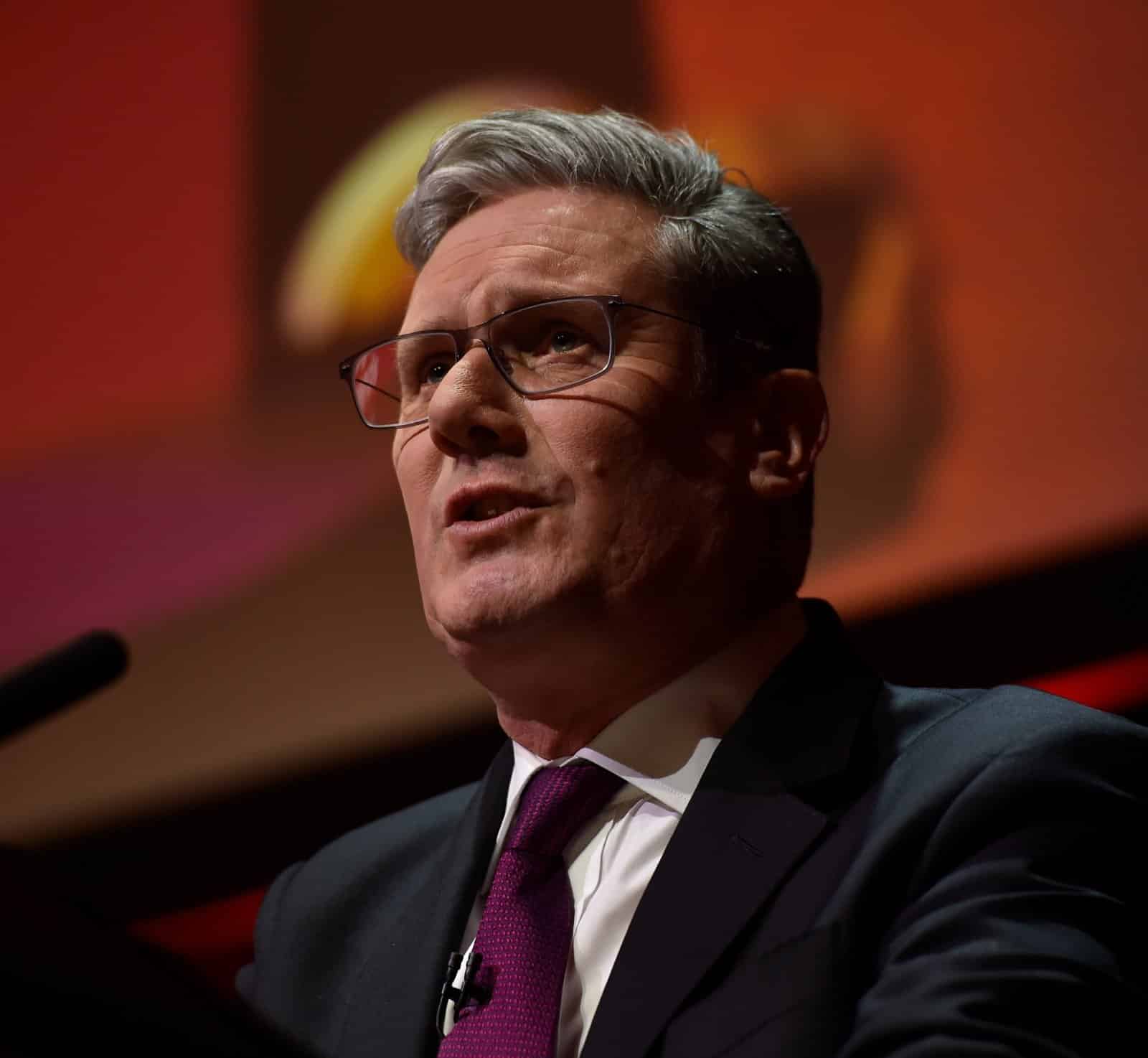
“Furthermore, she praised labour government, saying, “This labour government is doing the right thing and putting passengers first.” It’s with much certainty that passengers can enjoy trains returning to normal schedules after this.
Labour Manifesto
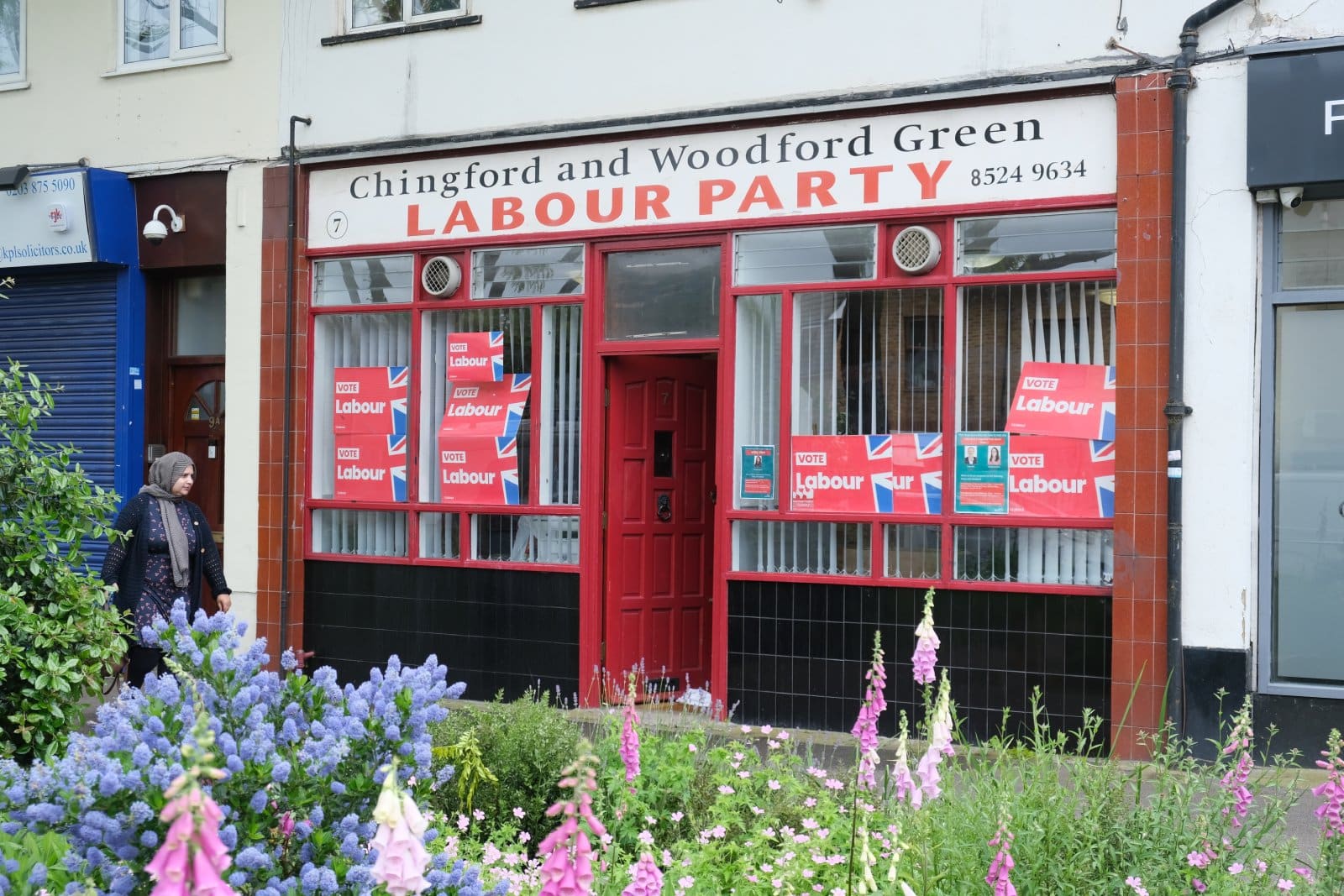
In the labour government’s manifesto, one of the major points is bringing about “change.” “We can stop the chaos, turn the page, and start to rebuild our country,” – The Labour Party manifesto.
The Great Escape: Wealthy Brits Flee to Dodge Labour Taxes
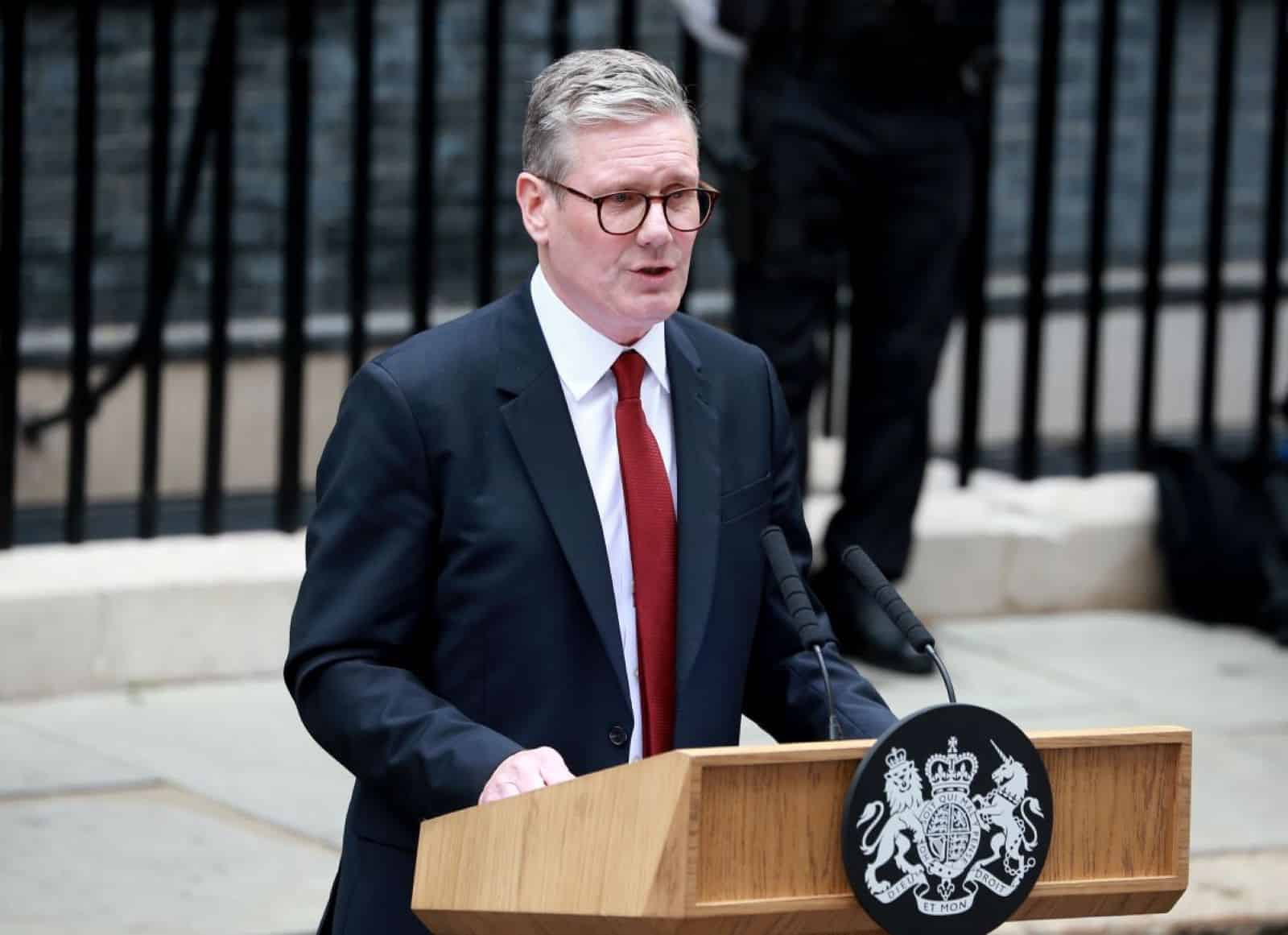
As the UK prepares for potential tax reforms, the wealthy flee in droves to avoid paying their fair share, sparking a contentious debate over tax avoidance and economic unfairness. Here’s the full story. The Great Escape: Wealthy Brits Flee to Dodge Labour Taxes
20 Signs Millennials Are Rejecting the UK’s Woke Culture

Are Millennials across the UK starting to question the pervasive ‘woke’ culture? As they navigate an increasingly complex social and economic landscape, many are seeking more practical, nuanced approaches. 20 Signs Millennials Are Rejecting the UK’s Woke Culture
New Era: Labour Enforces Strict Immigration Control With Deportations and Convictions

More than 40 criminals and migrants are sent back to Vietnam and Timor-Leste. It’s a victory as a UK-based criminal gang is sentenced. Here’s the story. New Era: Labour Enforces Strict Immigration Control With Deportations and Convictions
Featured Image Credit: Shutterstock / Nigel J. Harris.
The images used are for illustrative purposes only and may not represent the actual people or places mentioned in the article.

